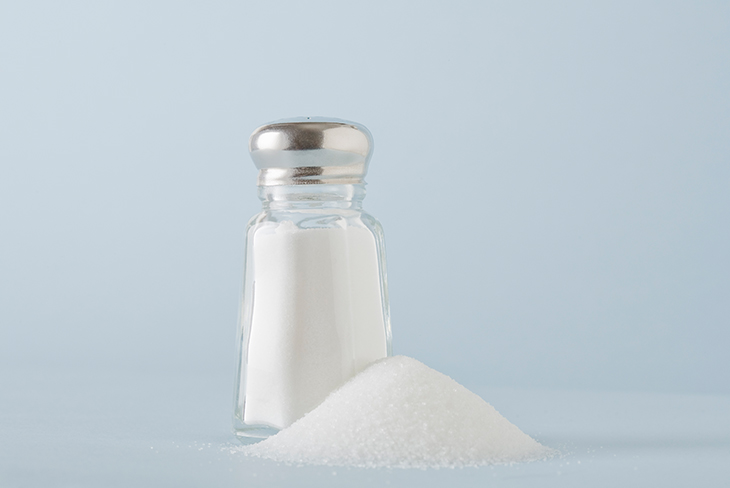Just a pinch of salt

Most South Africans are eating too much salt; more than the recommended amount of less than 5g a day. To prevent high blood pressure, stroke or cardiovascular disease, lower your sodium intake with the following tips from a registered dietitian and exercise physiologist.
1. Cut down gradually
Humans become desensitised to the taste of salt with chronic high exposure, so give your body and taste buds time to adjust. If you’re still adding salt at the table, start by cutting down there. Convenience meals and takeaways never need any extra salt – a standard burger or pizza delivers two to three times the recommended daily sodium intake.
2. Be mindful of quantities
Give some thought to how much salt you’re adding to a dish while cooking, as well as the amount of salt that’s already in the processed foods and ingredients you’re using. There’s often no need to double up on salty ingredients – choose either a stock cube or a sprinkling of chicken spice to stir into your stew, rather than adding both.
3. Become label savvy
Food labels display the level of sodium (in milligrams) contained in a product, which is salt together with chloride. To convert to salt in grams, use the following calculation: salt (in grams) = sodium (in milligrams) x 2.5 ÷ 1,000. Or avoid the maths and simply compare like-for-like products when shopping, choosing the low-sodium options.
4. Don’t compromise on flavour
As you transition to a low-salt diet, your taste buds will become more attuned to subtle flavours other than just saltiness. In the meantime, add punchy elements to your food like garlic, ginger, lemon, paprika and thyme to help with the transition. Each makes a great salt substitute – in time you won’t miss the salt, and you’ll need much less of it.
5. Eat the right stuff
Switch to healthy eating and make sure you include plenty of vegetables, fruit, wholegrains and legumes in your diet. You need to manage more than simply your salt intake if you want to lower your blood pressure. Eating enough potassium and magnesium works synergistically with lowering your salt levels to make even bigger improvements to your health.
It’s important to note that the overconsumption of salt raises the amount of sodium in your bloodstream, which, over time, can affect your kidneys’ ability to work effectively. Consult a specialist if you suspect kidney disease.
The information is shared on condition that readers will make their own determination, including seeking advice from a healthcare professional. E&OE. Life Healthcare Group Ltd does not accept any responsibility for any loss or damage suffered by the reader as a result of the information provided.

